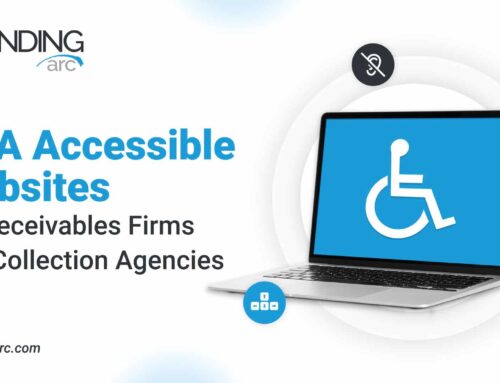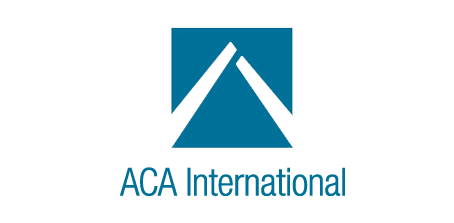The Upside & Downside of Having A Blog

Blog is slang for weblog is a simple format for a website that allows the owner to publish articles on their site. All blogs are websites, but not all websites are blogs. Blogs like WordPress, Dupral and Blogger are website Content Management Systems (CMS) that allow users of any technical expertise to manage the content on their website making updates without the need to contact your webmaster. A website developed in straight HTML, PHP, Flash or other languages usually require professional expertise and/or software to modify.
The decision to include a blog on your website is an important one. There are many benefits to having a blog on your website, but these benefits come with a responsibility to manage and curate your site on a regular basis. Blogs that seem abandoned due to lack of updates or are full of SPAM comments can cause more harm to your organization’s reputation than not having a blog at all.
Benefits of Blogging
More Content = More Traffic.
The biggest advantage to having a blog for your organization is that it is an opportunity for you to continually build a bank of online content that will be indexed by search engines and result in more online traffic. Content is King and the more original & relevant content that you have on your website the higher the chance that Google will start to see your site as “authoritative”. Sites with a more authoritve ranking and more relevant content will be displayed higher and more frequently in Google Searches.
Frequency of Updating.
Having a blog on your website gives your organization the ability to publish new content as often as you create it. Frequently updated websites like CNN, MSNBC and other news sources update their sites as often as every 30 seconds. Frequently updating your website with new content is another way to get search engines to see your website as authoritative.
Easy Content Editing.
Using a CMS like WordPress makes editing your website easier. If you are not going to have the benefit of having your website professionally managed, using a CMS can make running your website much easier. A good CMS system will make it easy to upload images, edit text (in a word processor format) and manage your basic Search Engine Optimization SEO functions.
Adding Features.
For small businesses that want to do everything themselves, a good CMS will have a developer community around the platform creating all kinds of “plug-in” tools to enhance your website. Plugins are easy to install and can improve the performance, look, or functionality of your site. For example, the Branding Arc website uses a WordPress engine with the PageLines Platform and a variety of plug-ins and widgets including Google Site Maps, Social Login, and AuthorSure.
The Downside to a Blog
Keeping Up with Content Creation.
There are so many benefits to having a blog on your website, but it comes with a commitment to keep your site updated with new content. It is a time consuming and challenging proposition to have to create, edit and publish new content for your website on a regular basis. Small business owners have a lot going on besides marketing and unless you can commit 5 hours a month to your website, then you might want to pass on including a blog.
Staying Current.
Whenever I visit a website I’m looking to see how old the information is. The web has been popular in the United States for a few decades now and information posted in 1990 is probably not relevant today. If I am researching a company in a B2B setting one of the first pages I visit is the news page. If the last news article is a few years old or if there is only 2 or 3 posts (probably written by the developer) you assume the organization did not put much effort into creating good content for their website.
Dealing with SPAM
Dealing with SPAM blog comments can feel like a full time job. If you are going to have a blog that allows for commenting you are going to need deal with SPAM. There are plenty of services you can pay to reduce the volume of SPAM that you receive from on your blog, but in the end you are going to have to curate your blog comments to keep your information relevant.
Conclusion
If you are willing to commit the time, energy and resources toward creating new and engaging content on a regular basis then using a blog on your website is a great idea! However; if you are not going to take the commitment seriously then the benefits can backfire and do more damage than good. Think long and hard about this decision before making it…










